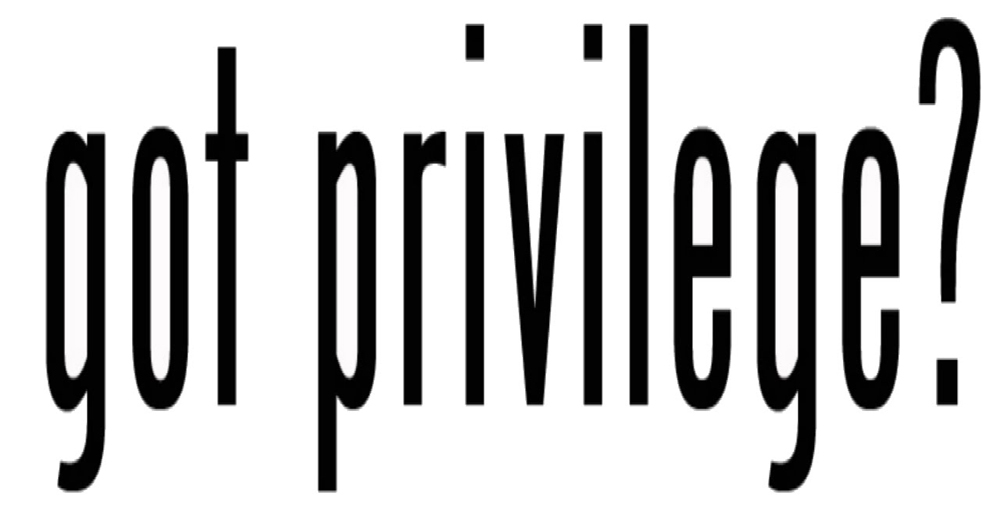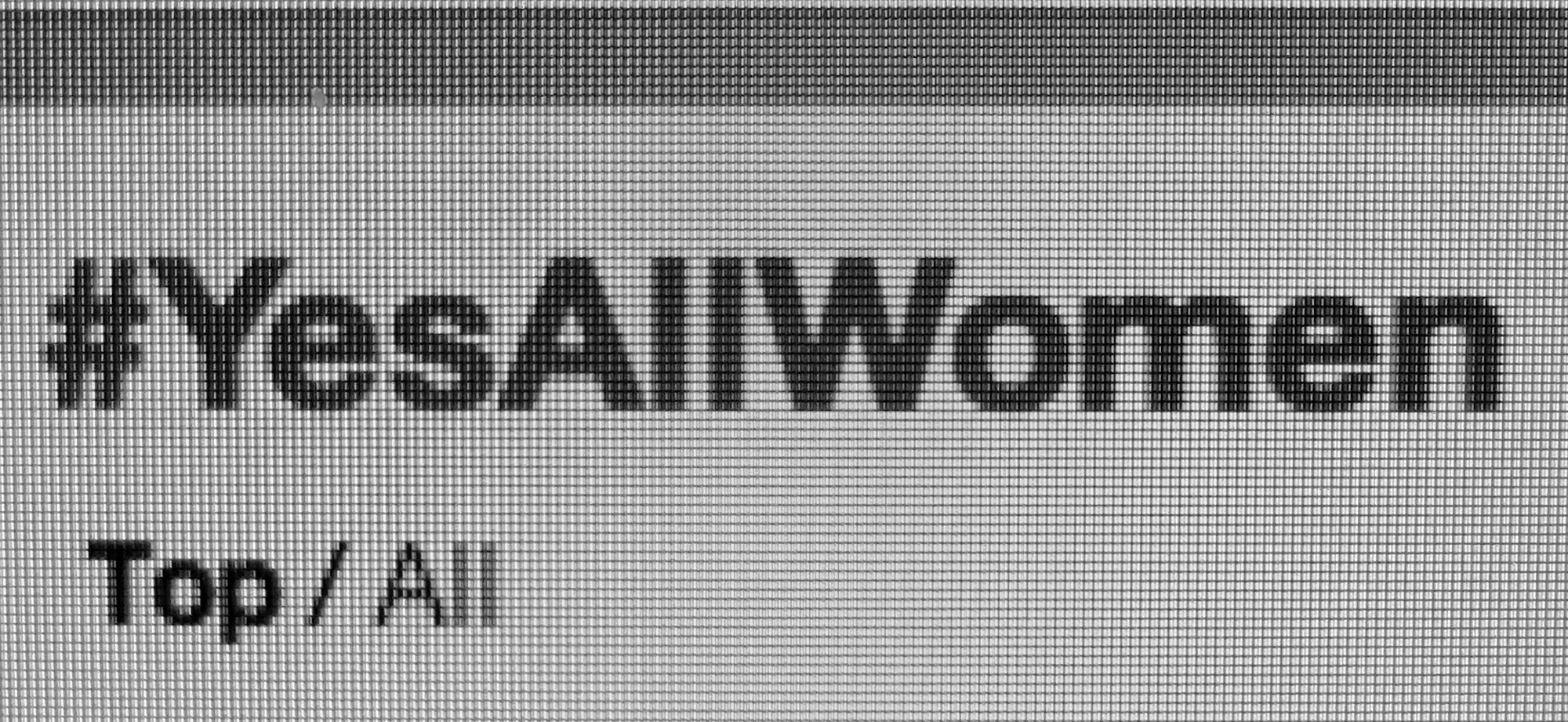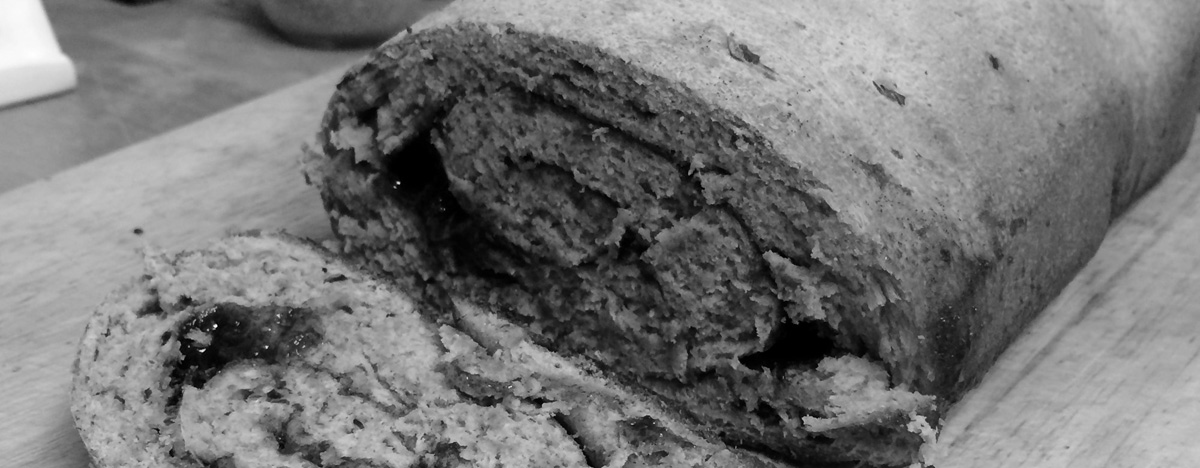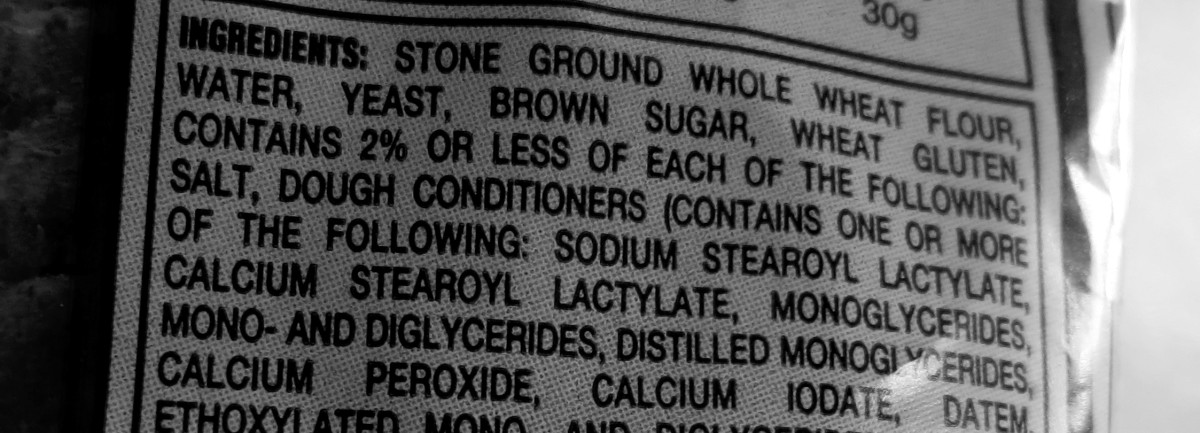I’ve written before about race. I focused on how race, as biology, is not real. But the events of the past few days [minutes, hours, weeks, months, years, decades, centuries, millennia…] make it painfully clear that race has tremendous relevance as a cultural, social, political, and economic construct. In that sense, in the sense of how we use it to treat each other differently, whether we think we do so or not, it is real in a way that is much more powerful than biology.
I could go into a long history lesson here, but others have done it before me, and done it better. There are discussions about how racism and inequality are a result of centuries of White colonial powers justifying the theft of indigenous lands, the pillaging and raping of Native cultures, and the brutal enslavement of Native peoples. These crimes required defining indigenous peoples as inferior, savage, and less than fully human. Skin color became the proxy marker for subhuman status, and thus a justification for dominance, subjugation, and ultimately, the inequalities that we still wrestle with, centuries removed from the origins of colonial capitalism. These are truths that I now accept without a second thought. Still, I was talking with a friend today, trying to ease the physical weight I was feeling in my head and chest, and I realized that I am one of the lucky ones. I have been exposed to ideas, critical theory, discussion, literature, and debate on structural inequality, systemic racism, political economy, identity, intersectionality, hegemony, ideology, and more. Even if I am not a specialist in all these areas, I know more than most; maybe that’s why I bear the weight of my privilege so heavily. I know all these things, and yet my privilege is still something I take for granted until something happens to make me take it out, gaze at it, grapple with it, and try to find ways to use it for good.
I don’t want to make this post about me; my struggle with these ideas is nothing compared to the struggle of those who live without the privilege I so often take for granted. This post is about how, maybe, others can recognize their privilege. This is a very difficult thing for a lot of White people to do. We naturally become defensive. We want to believe that we aren’t complicit in the structures that allow us to move through life taking things for granted that others can’t. We don’t like the word privilege; it smacks of something unearned and undeserved, the indulgence given to a spoiled child. But in the context of White privilege, that’s not what the word means. It means something that we are lucky to have, and we are privileged because not everybody has it. If you want a full account of the idea of White privilege, read this classic paper by Peggy McIntosh. McIntosh discusses the concept, then lists several examples. If you are White, it’s illuminating to go through the list and feel recognition slowly dawning. If you are a person of color, I suspect you feel the same recognition, but from the other side of the coin. Not all of these examples will apply to everybody, but here are a few directly from McIntosh’s piece:
- I can go shopping alone most of the time, pretty well assured that I will not be followed or harassed.
- Whether I use checks, credit cards or cash, I can count on my skin color not to work against the appearance of financial reliability.
- I can do well in a challenging situation without being called a credit to my race.
- I am never asked to speak for all the people of my racial group.
- I can take a job with an affirmative action employer without having co-workers on the job suspect that I got it because of race.
- I can choose blemish cover or bandages in “flesh” color and have them more less match my skin.
And one of my own: I can get stopped for a traffic violation and not fear for my life.
“[White people] move through a wholly racialized world with an unracialized identity (e.g. white people can represent all of humanity, people of color can only represent their racial selves). Challenges to this identity become highly stressful and even intolerable.” – Robin DiAngelo, Huffington Post
Maybe you read these and think, yeah, ok; that’s true for me, but that doesn’t make me a racist. Maybe not; but racism doesn’t just mean individual discrimination and stereotyping. And that leads us to another subject just as tricky as privilege, if not more. White people don’t want to acknowledge the privilege of their race, and they definitely don’t want to acknowledge complicity in structural racism. And I agree! It’s incredibly uncomfortable to feel like you have to defend yourself just because you happen to belong to a particular race… but there, again, is another example of White privilege; generally, White people don’t have to defend themselves based on race. I’m talking about structural racism – the kind of racist ideology that is ingrained in us from birth. It’s the hegemony that we internalize as the natural order of things: some people are just better than others because they work harder, they try harder, they want it more. It’s the dismissal of the idea that maybe the system itself is structured so that we don’t all start from the same place, and as White people, we don’t want to have to acknowledge that. It takes away from the narrative that the hard worker is the one who wins; if people of other races really wanted to, they could work harder and get a better education and a better job and get off the welfare treadmill. We make it a defect of personality or upbringing or, yes, biology, because it allows us to keep on ignoring the reality that the playing field is not level. Again, these notions are deeply ingrained and not explicit in our thoughts, so we can go about our lives feeling secure that we aren’t perpetuating a racist system. But that is the very epitome of racist hegemony – it makes implicit co-conspirators of us all. You don’t have to be classically racist to be part of a racist system.
In case you are having a defensive reaction reading this and thinking but I’m not a racist! (and I wouldn’t blame you), try to honestly answer these questions to see if just maybe you’ve internalized some structural racist hegemony (and bear in mind that your reaction might be deeply buried and not explicit, so think hard about your unconscious gut reactions and assumptions before assuming your answer to these questions is no):
- Have you ever crossed the street when a person of color is approaching from the other direction? If you didn’t cross the street, did you consider it? Were you nervous as you passed the person?
- Do you assume that Black mothers are raising their children alone and are on public assistance?
- Have you ever laughed over Black names, or said things like “It’s like they name their kids by grabbing a handful of Scrabble tiles!”?
- When you read about a random shooting or hear about it on the news, do you automatically picture a person of color?
- When someone talks about their doctor or their lawyer, do you automatically picture a White person?
- Have you ever seen a woman in a hijab or a man in a turban, and had the word “terrorist” pop into your head, even involuntarily?
- Do you get annoyed when a phone system asks you, “para Espanol, oprima numero dos”?
- Are you interested or concerned when you hear about the murder of a white person in your community, but when you hear about the death of a person of color, you aren’t surprised? If you aren’t surprised, do you assume that the death involved gang violence or criminal activity by the dead person?
- Do you dismiss the ideas of Black people who use Black Vernacular English (what some people call Ebonics) and assume they speak that way because they aren’t educated?
- Do you feel relieved or justified when a Black person speaks out about trouble in their own community, because it makes you feel like you were right all along?
Again, let me be clear: answering yes to any of the above does not make you a racist in the KKK fashion, or even in the fashion of your bigoted great uncle. And you may well have that initial reaction but then catch it and feel uneasy or bad about having it in the first place. And it’s not your fault. This is what hegemonic structural racism does to us – it implants these ideas and naturalizes them. Stopping those reactions is hard, and sometimes they come from a place so deep within that we barely register them. But recognizing and grappling with them is the only way to dismantle them.
“…saying “all lives matter” as a direct response to “black lives matter” is essentially saying that we should just go back to ignoring the problem.” – Kevin Roose, Fusion
I am writing this because I think it’s important for White people to do the difficult work of recognizing the system we are a part of, recognizing that we occupy a privileged position within it, and recognizing that we have implicit racial biases that make us complicit in the system. One more example of White privilege and structural racism: responding to #blacklivesmatter with #alllivesmatter. OF COURSE ALL LIVES MATTER. Black Lives Matter is not trying to say they don’t – they are saying Black lives matter ALSO. And until Black lives matter, it won’t be true that all lives matter. It’s the same as saying “But I’m not a racist!” Maybe so, but that doesn’t solve the problem of racism, does it? It’s a defensive reaction of privilege to push back at a community by saying “But what about MY life” when you don’t have to live in a world where your life seems to matter less.
If you are White and this post makes you uncomfortable… I’m sorry for that, but I’m also glad. Since the horrific events of the past few days in Baton Rouge, St. Paul, and Dallas, I’ve seen more pieces than I ever have before about how White people, if they really want to help, need to feel uncomfortable. As some of these articles point out, it is not the responsibility of people or communities of color to tell White people how to help or be allies. It’s up to us to do the hard work. I’m just as uncomfortable as anybody else, even with my years of exposure to ideas that are going to be new, foreign, and even frightening to others. That discomfort – it’s growing pains. It’s the necessary strain of working to be a better person who is helping to build a better world.



